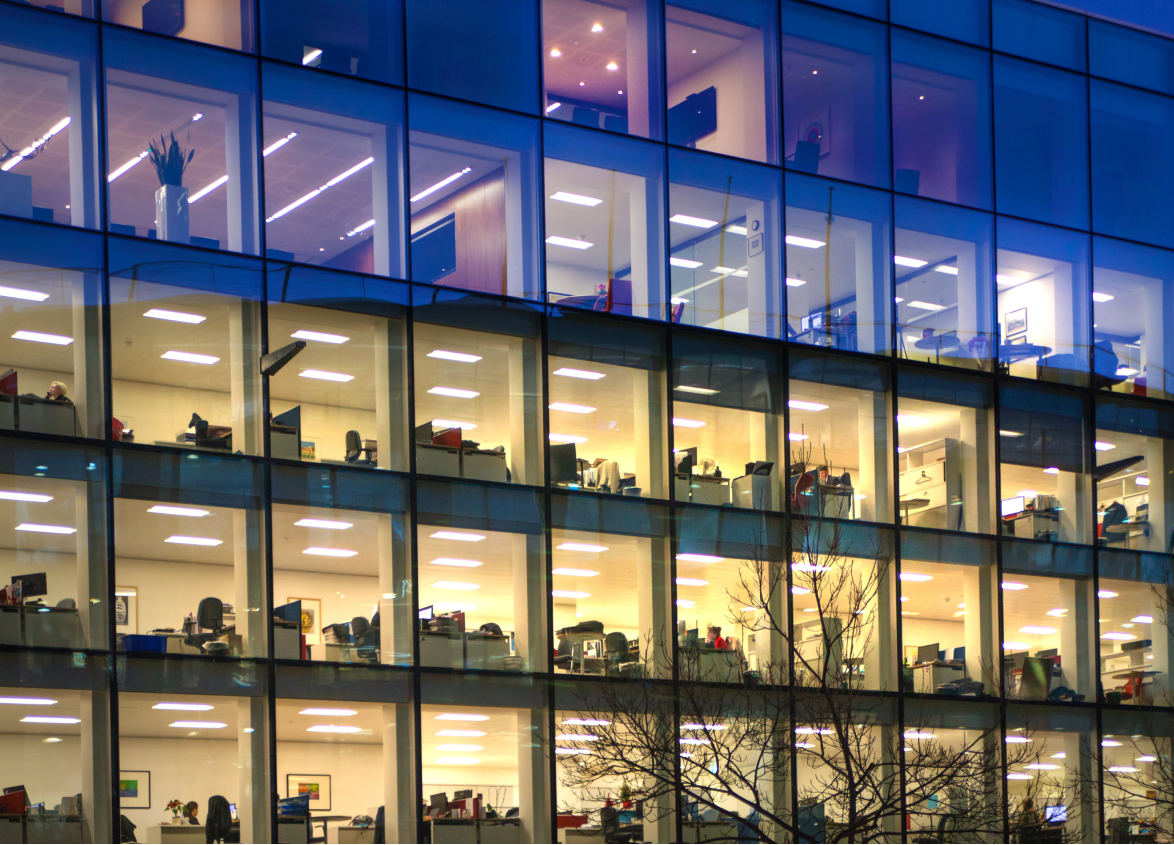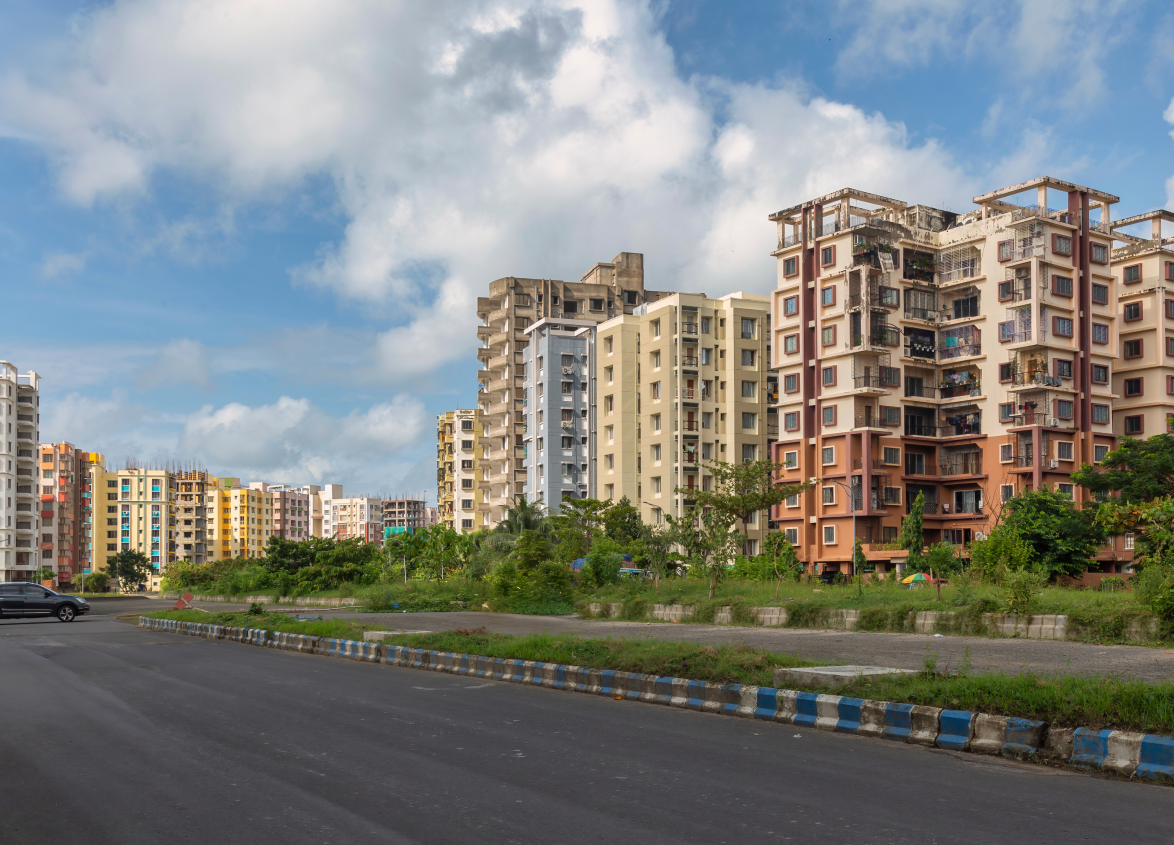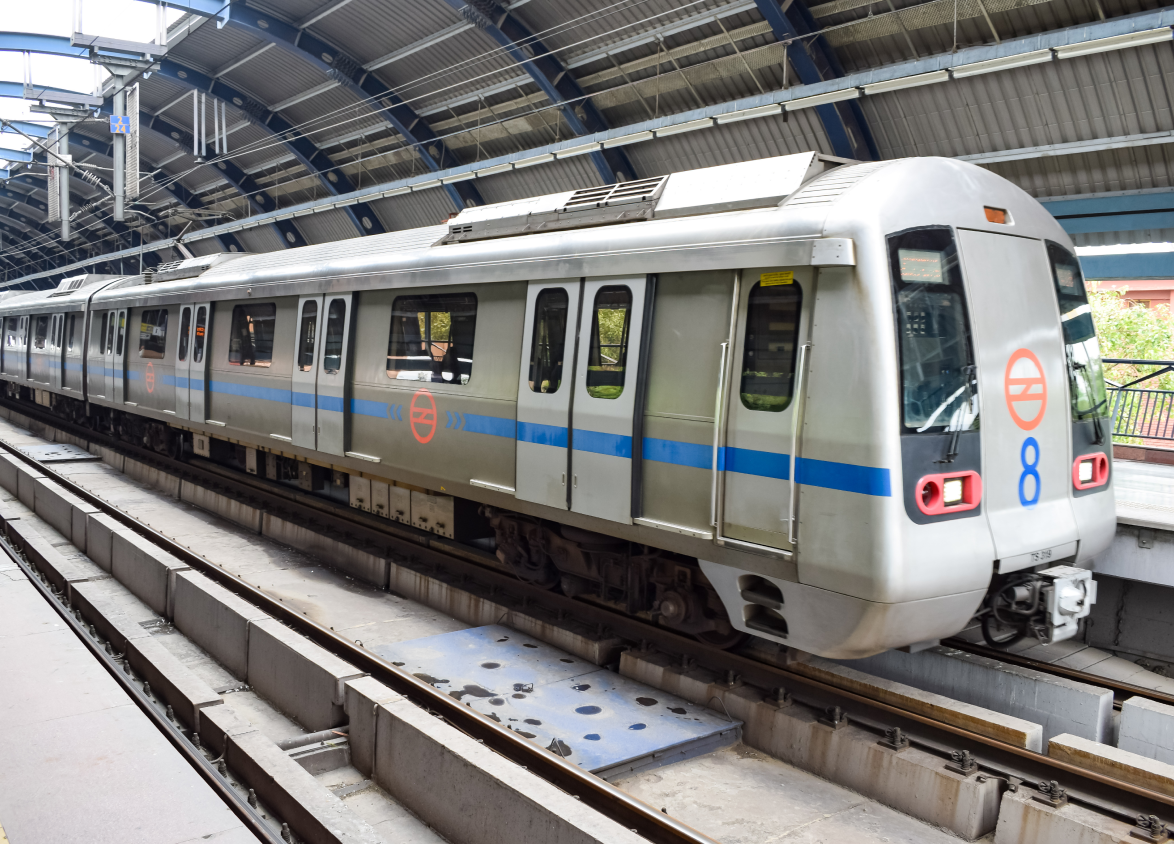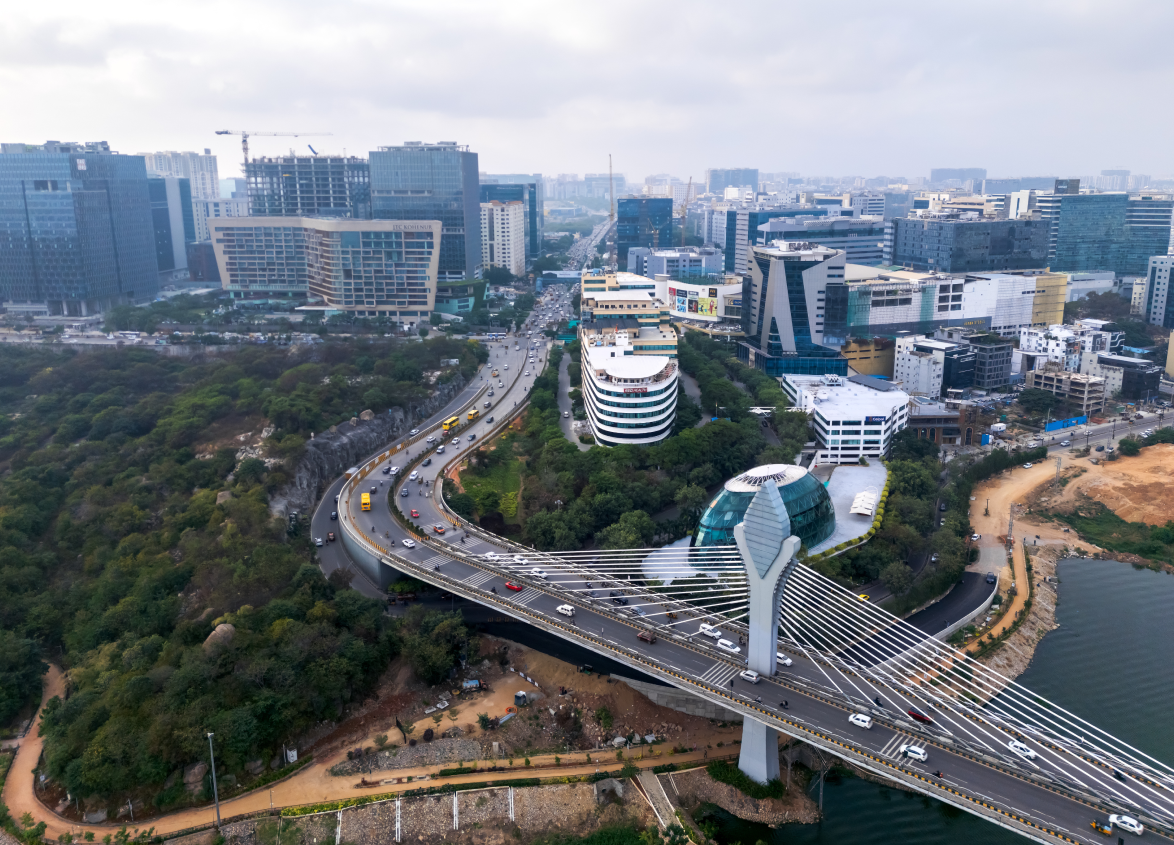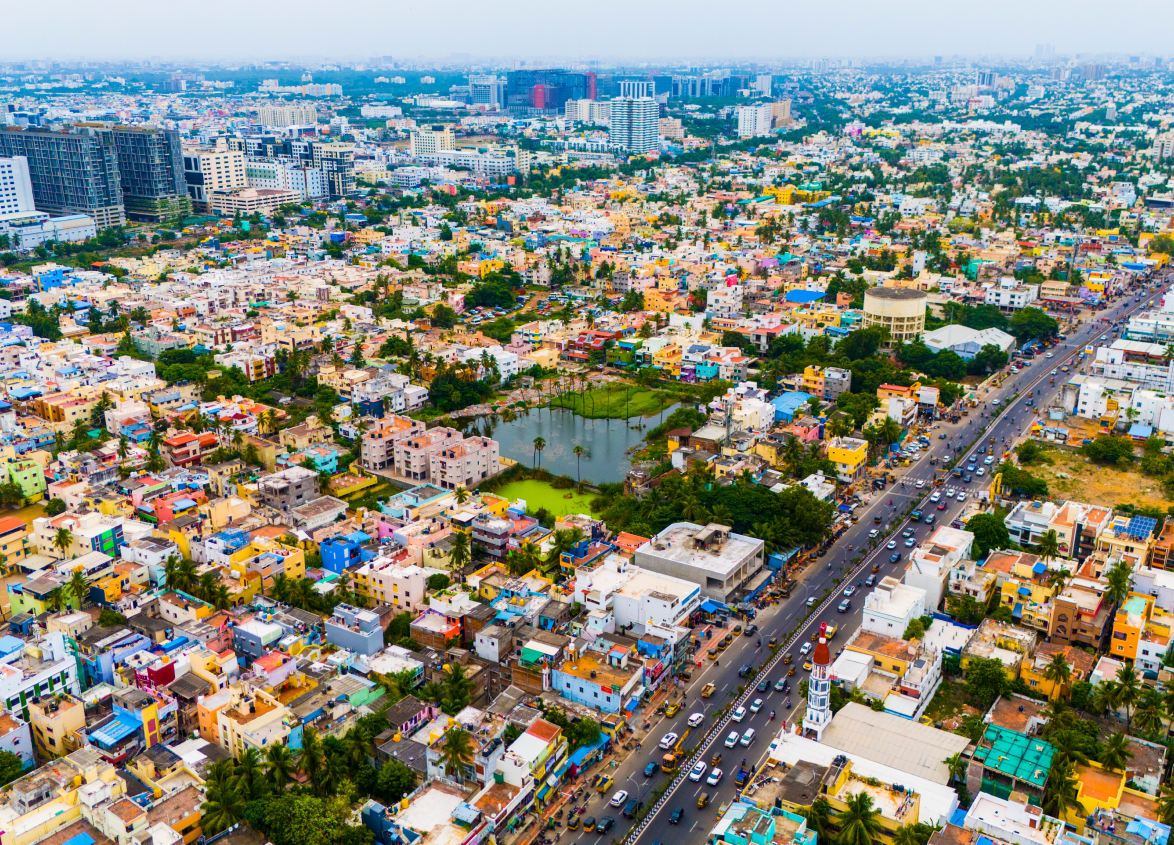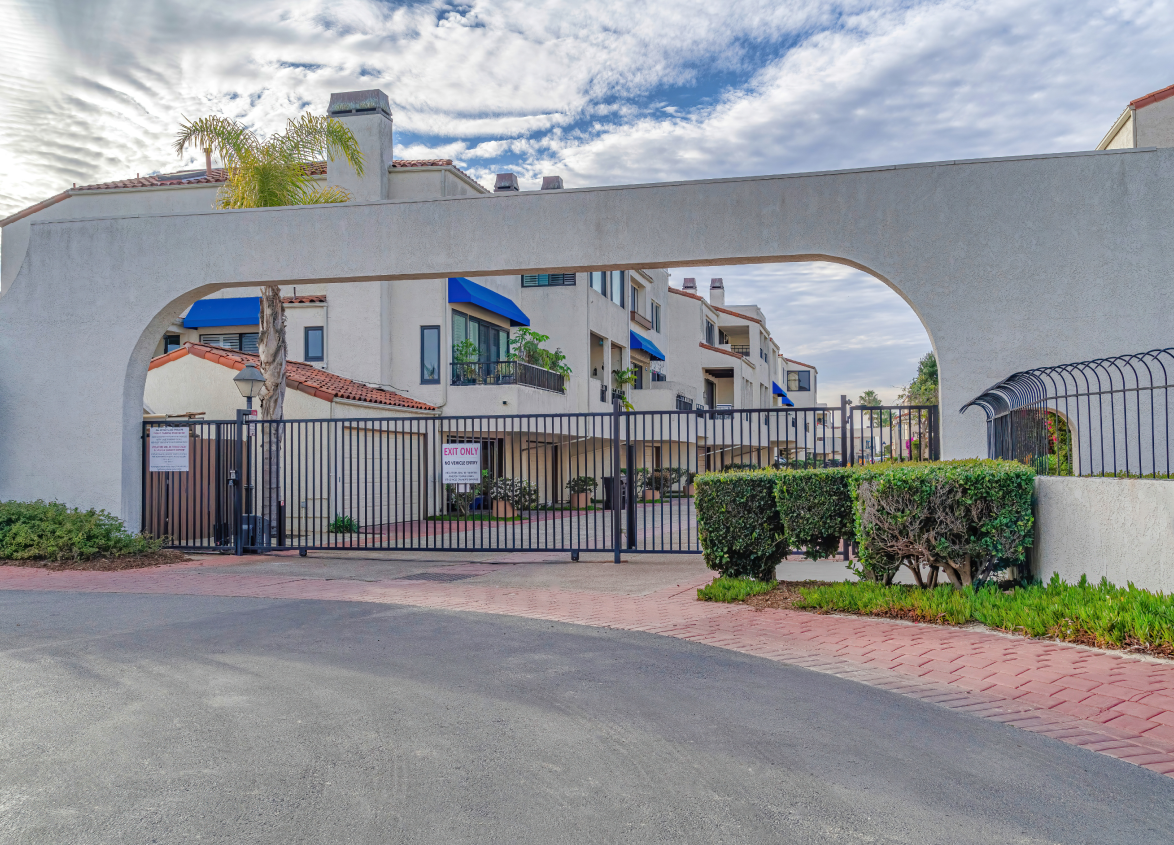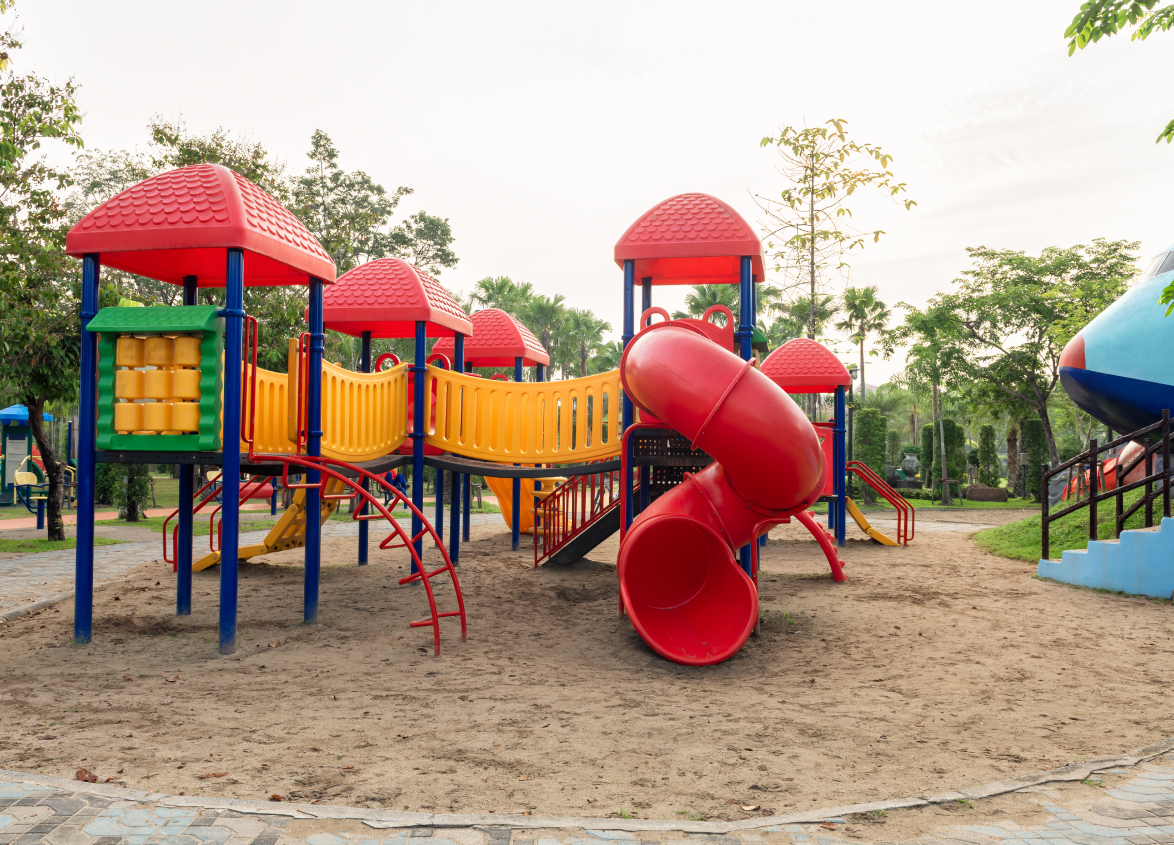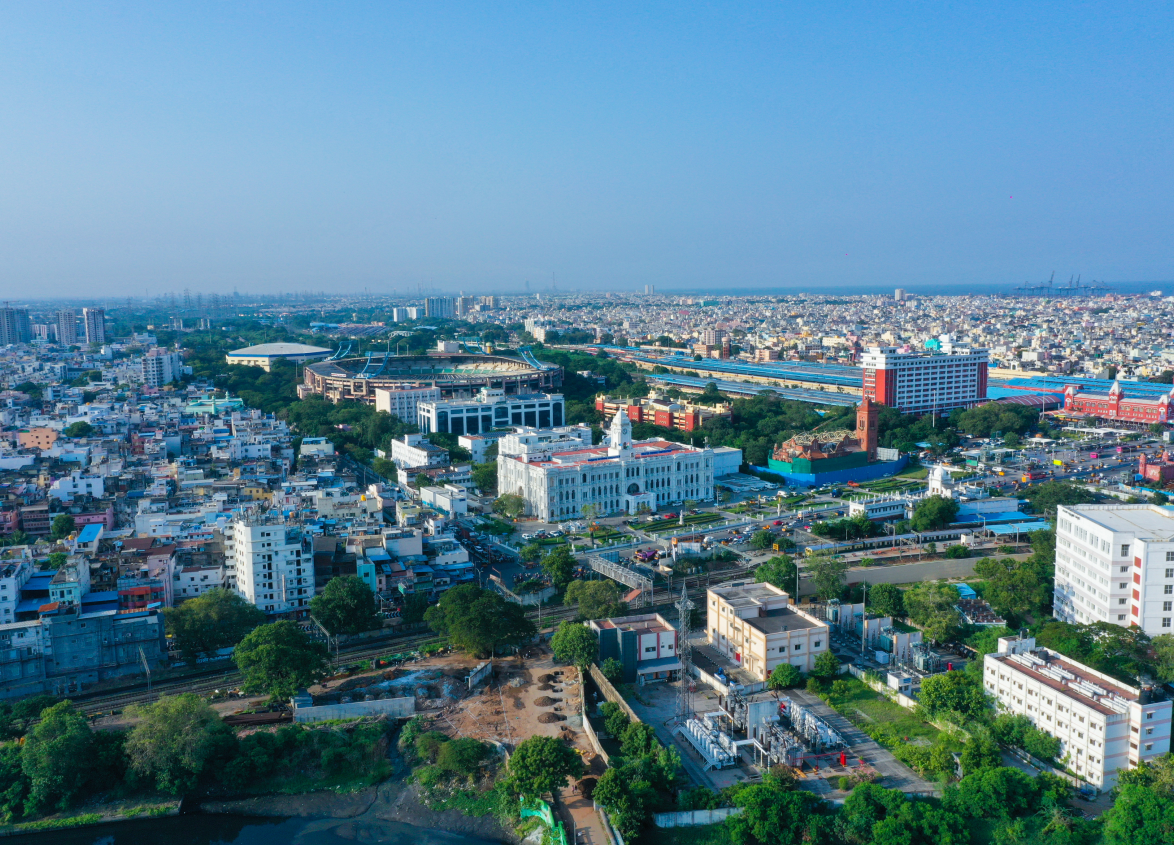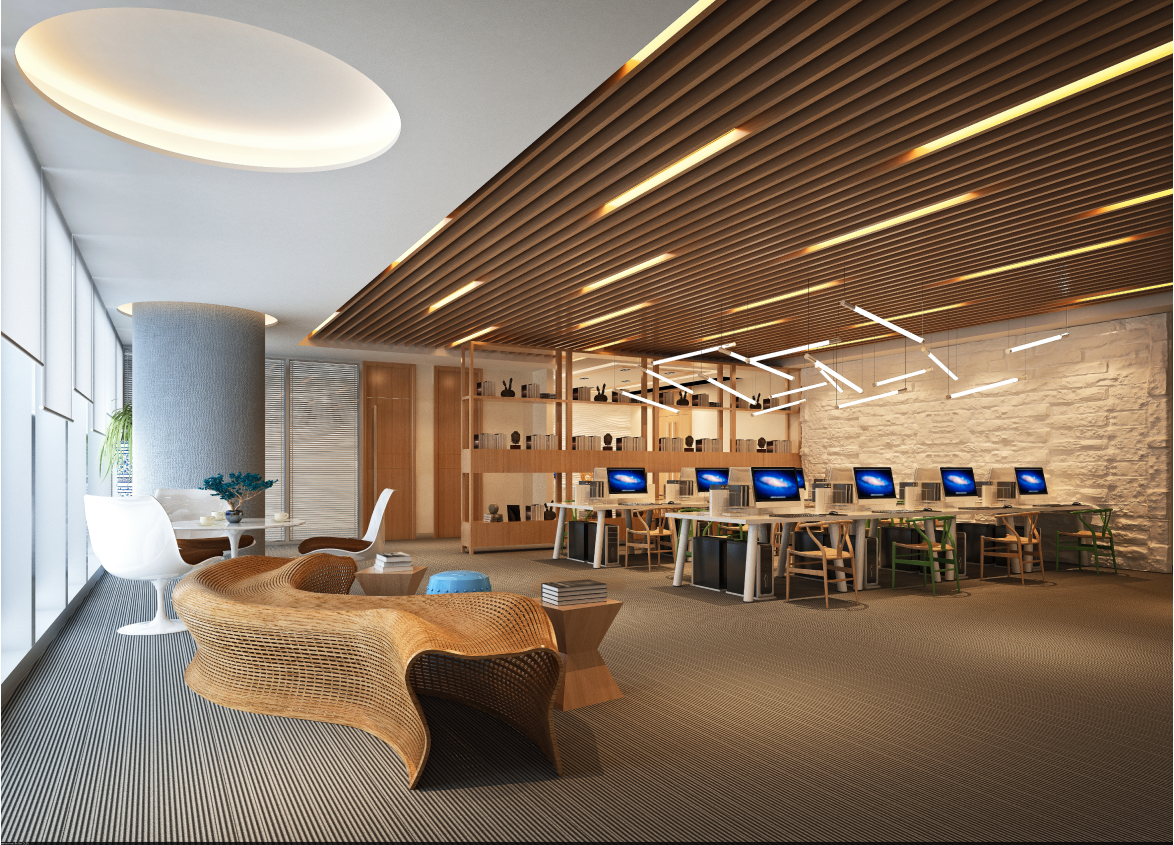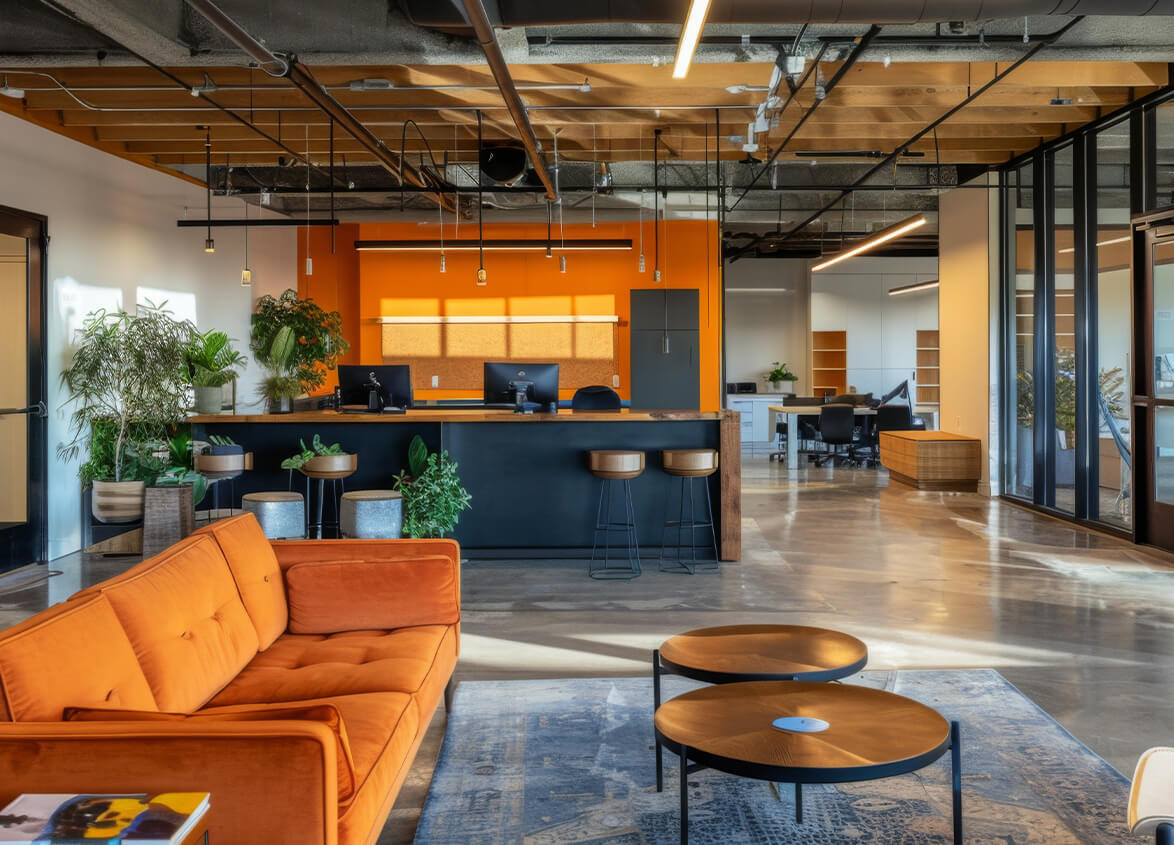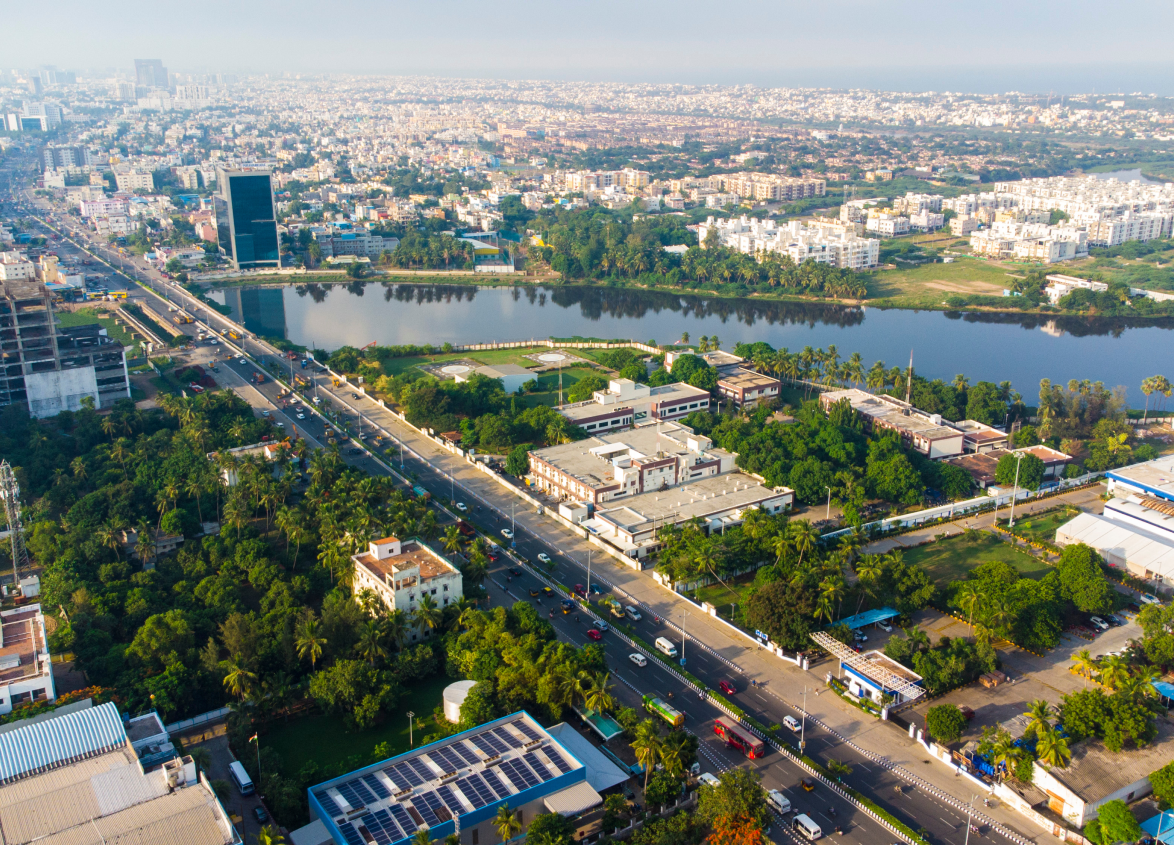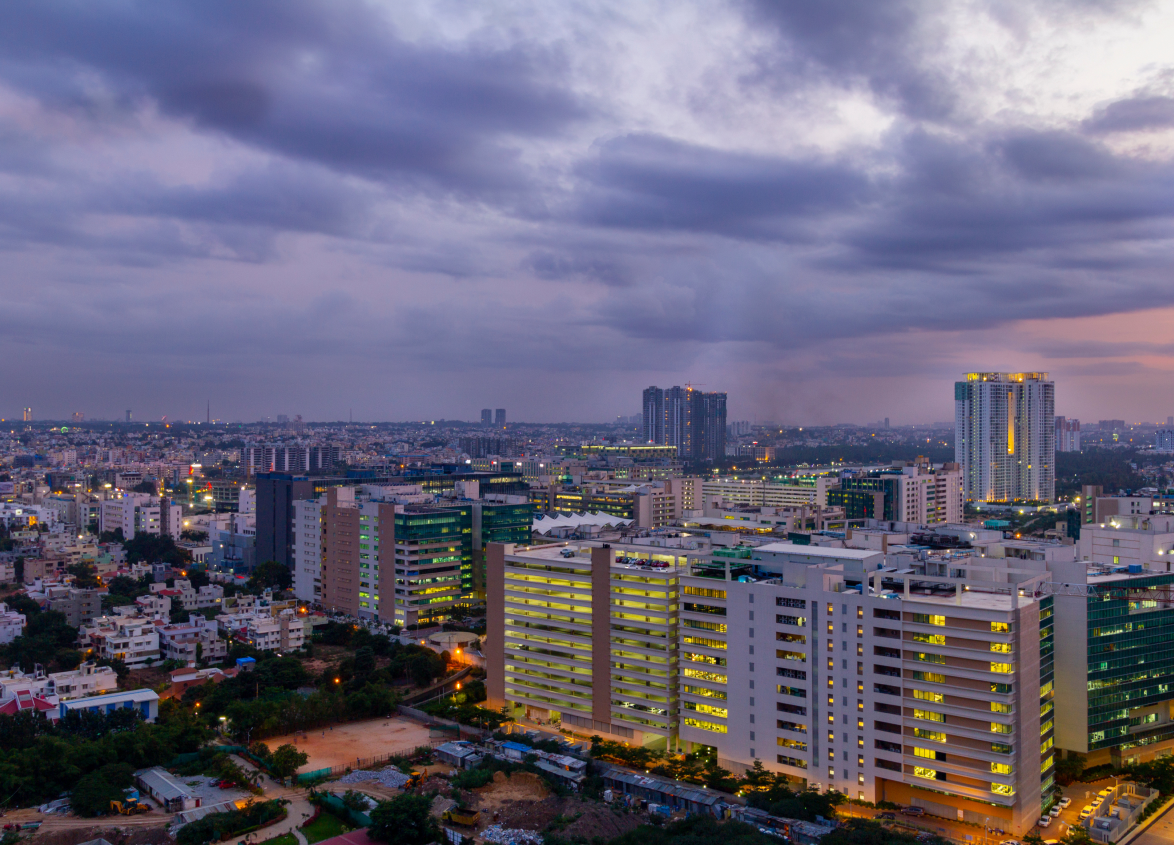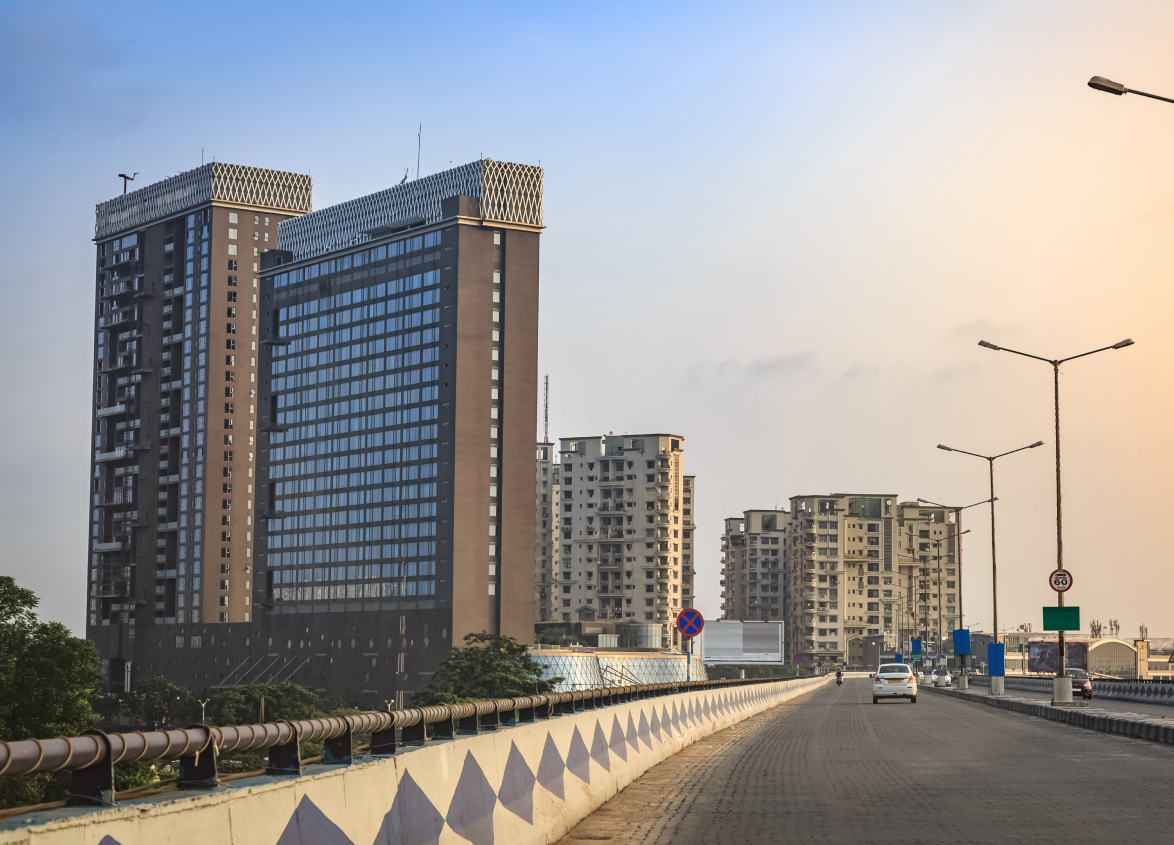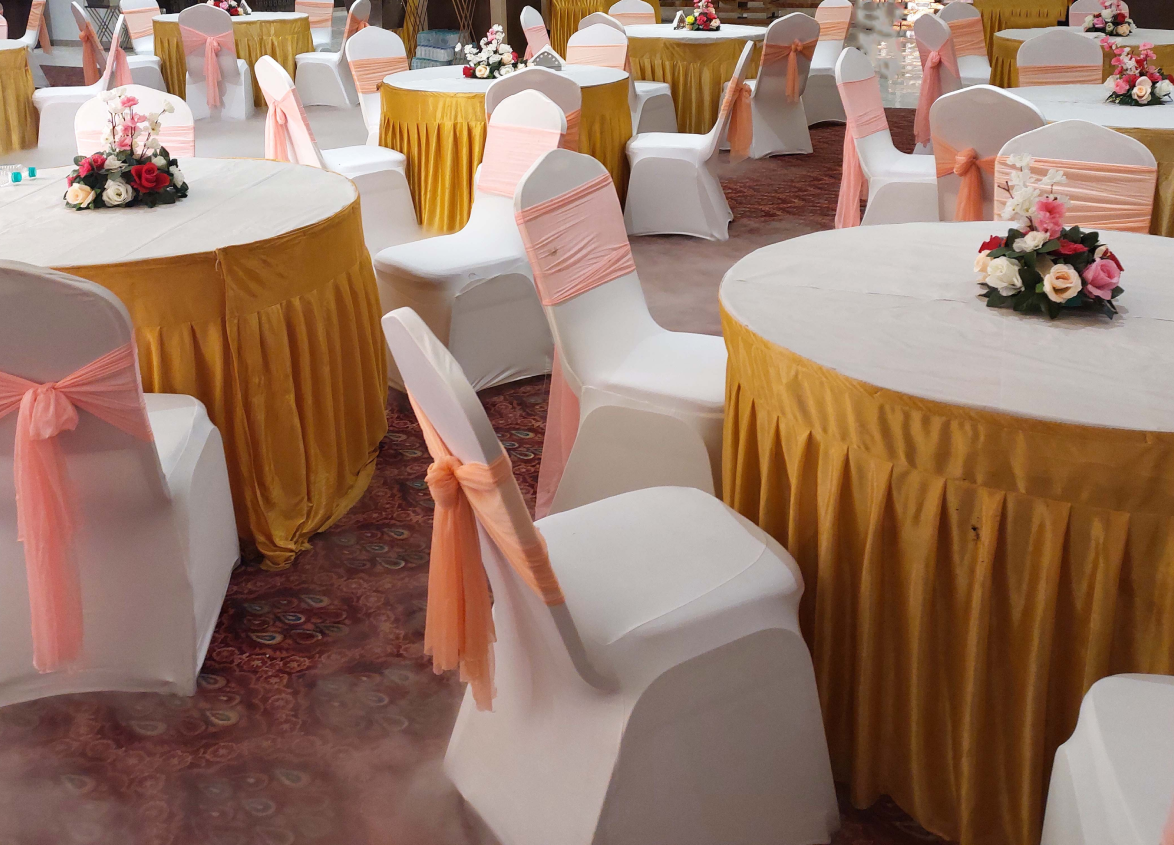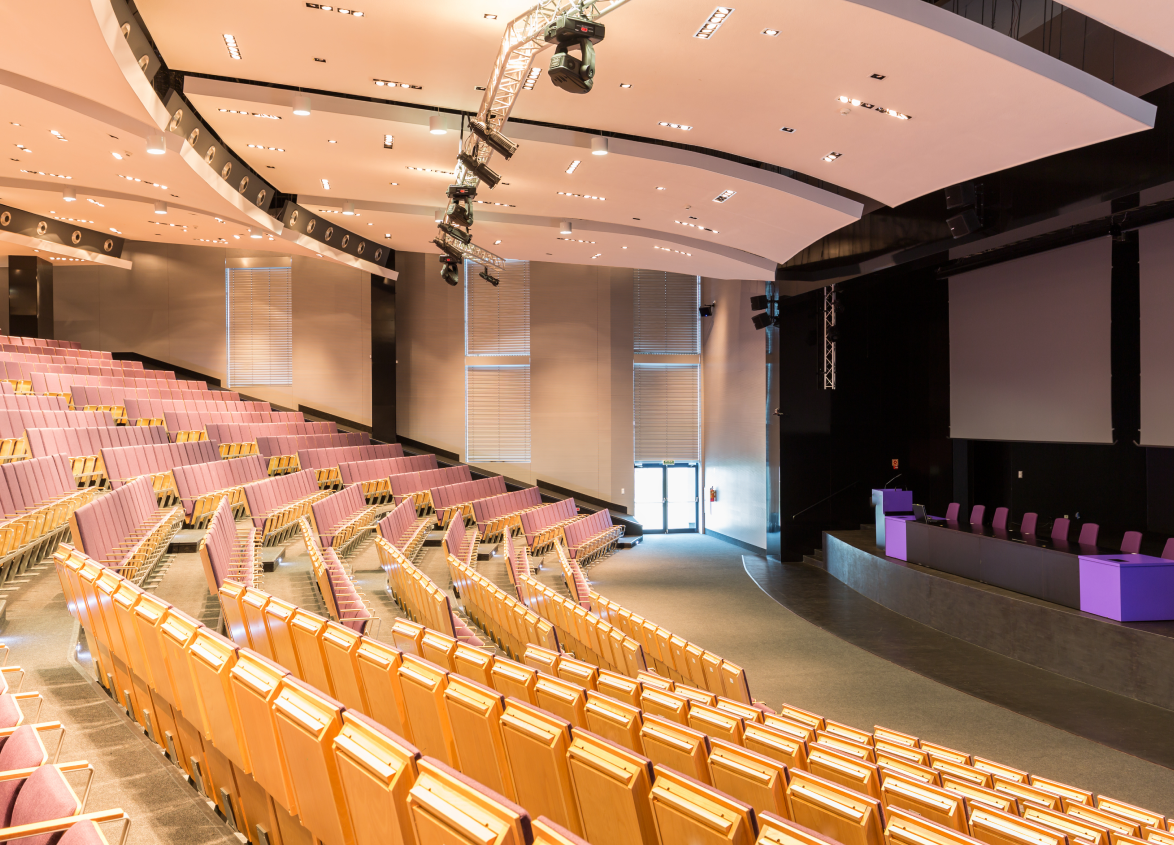
Commercial
Global Campuses in India: How Real Estate and Urban Infrastructure are Enabling the Education Boom
October 24, 2025
India’s Push for Global Education Partnerships
India’s education sector is entering a transformative phase. With recent policy reforms and a global outlook, the country is actively inviting top international universities to set up campuses locally. In a significant move reported by the Economic Times, the government has approved the entry of five global university campuses in India. This initiative is part of a broader ambition to position India as a hub for world-class education, driven by a growing appetite for global exposure among Indian students.
As India cements its role in the global academic landscape, it’s not just policy changes that matter. The enabling ecosystem, comprising real estate readiness, urban infrastructure and future-oriented planning, is what will determine the success of these foreign ventures. This blog explores how commercial real estate in India and integrated infrastructure are becoming central to the country’s higher education transformation.
India’s higher education landscape is evolving with foreign universities in India entering the market. Campus site selection hinges on real estate, connectivity, policy and urban infrastructure. Bangalore stands out due to talent availability, urban readiness and supportive policies. Developers like Brigade Commercial enable long-term educational investment through future-ready infrastructure. Real estate is central to India’s emergence as a hub for global higher education.
Notable Global University Campuses in India
| University Name | Country of Origin | Location in India | Type | Expected Opening |
|---|---|---|---|---|
| University of Wollongong | Australia | GIFT City, Gujarat | Technology & Business | 2025 |
| Deakin University | Australia | GIFT City, Gujarat | Postgraduate Studies | 2024 |
| University of Birmingham | United Kingdom | Mumbai (proposed) | Multi-Disciplinary | Pending Approval |
| University of York | United Kingdom | Mumbai | Campus | 2026 |
| Illinois Institute of Technology | United States | Navi Mumbai | Campus | 2026 |
These institutions are expected to catalyse India's evolution into an international education powerhouse. The significance of these campuses extends beyond their academic offerings. They act as anchors for broader urban development, creating jobs, fostering innovation and stimulating demand for high-quality infrastructure and commercial services.
Why India is Becoming a Preferred Destination for Foreign Universities?
India's National Education Policy (NEP) has laid the groundwork for a globally inclusive academic environment. University Grants Commission (UGC) regulations for foreign universities in India now allow the top 500 global institutions to establish campuses in India without stringent local affiliations. This regulatory flexibility is paired with India’s demographic advantage, with over 50% of the population being under 25, creating immense demand for high-quality tertiary education.
The rise of India as a preferred education destination is also due to its large English-speaking base. This linguistic compatibility eliminates a major barrier for global faculty and students. Moreover, India’s skilled academic workforce, which includes globally trained researchers, educators and domain experts, enhances the feasibility of setting up international campuses in India.
Increasing global collaborations in research and innovation further underscore India’s growing stature. Many Indian universities have signed Memorandums of Understanding (MoUs) with international institutions for joint degrees, dual programs and collaborative projects. This builds a supportive framework for foreign university branch campus in India models.
What Foreign Universities Look for in a Campus Location?
For a foreign university branch campus in India to succeed, several non-academic factors become pivotal:
- Real estate availability: Institutions require large, strategically located land parcels that can accommodate classrooms, labs, housing and recreational areas. Zoning regulations and master planning flexibility are key.
- Urban connectivity: Proximity to international airports, metro rail and expressways affects accessibility for students and visiting faculty. Campuses near airports or major transportation nodes are more likely to attract international footfall.
- Quality of life: Student housing, healthcare facilities, public safety and lifestyle amenities contribute to campus appeal. A vibrant urban ecosystem makes it easier for institutions to recruit both students and faculty.
- Academic ecosystem: The presence of nearby Indian institutions, research parks and a skilled talent pool helps foster academic collaborations. It also opens opportunities for partnerships and cross-enrolments.
These factors are critical in shaping long-term sustainability. Universities planning to open international campuses in India must evaluate not only current infrastructure but also the potential for future urban growth.
How Urban Infrastructure and Real Estate Enable Campus Development?
Large-scale educational institutions require more than just land. They need urban ecosystems that support scale, sustainability and long-term functionality. This is where commercial real estate in India is evolving to support institutional goals.
- Integrated townships: Educational clusters within master-planned communities offer a seamless blend of academic, residential and recreational spaces. These mixed-use projects reduce commute times and encourage community integration.
- Grade A land parcels: Developers are making available pre-approved land zoned for institutional use, speeding up the launch cycle and cutting through red tape.
- Sustainable design: Green-certified campuses (LEED, IGBC) appeal to global institutions concerned about environmental impact. These certifications help universities meet their ESG (Environmental, Social, Governance) targets.
- Tech infrastructure: Smart classrooms, IoT-enabled buildings, biometric access and 5G-ready campuses are becoming standard expectations. These features help create a modern learning environment that aligns with global benchmarks.
- Scalability: Locations that can support future campus expansions are prioritised for phased development models. This flexibility is crucial for institutions with long-term growth strategies in India.
Real estate developers are playing an instrumental role in creating these ecosystems. Their ability to deliver institutional-grade properties within tight timelines makes them key enablers of the foreign university expansion strategy.
Spotlight on Bangalore as an Education Hub
Often referred to as India’s Silicon Valley, Bangalore combines academic depth with a cosmopolitan lifestyle, making it a strong contender for foreign university campuses in India. The city hosts premier Indian institutions, a robust IT infrastructure and a large international workforce.
The growing metro network, Special Economic Zones (SEZs) and proximity to global corporates enhance its appeal. Elysium at Brigade Cornerstone Utopia is a great project for any university to open its branch as its located in an inclusive real estate project and close to a good residential society nearby.
Furthermore, Bengaluru is home to many startup incubators, research labs and tech parks, creating a natural synergy between academia and industry. This makes the city not only a place for education but also for innovation and entrepreneurship.
Like GIFT City, Bangalore offers a plethora of tax incentives and strong policy support for investors, especially in sectors like technology, education and healthcare. The city's established position as an IT and innovation powerhouse further solidifies its status as a destination for global investment and high-tech industries.
With its continuous infrastructural development, favourable business climate and growing international presence, Bangalore mirrors the opportunities offered by GIFT City, positioning itself as a smart city of the future.
Role of Real Estate Developers as Strategic Enablers
The evolution of India as an academic hub is not possible without the backing of future-forward real estate players. Developers are becoming strategic partners in the education space:
- Masterplanning: Real estate developers are designing entire education zones within mixed-use commercial and residential hubs. This includes provisions for libraries, sports facilities, student housing and cultural spaces.
- Built-to-suit campuses: Custom-designed academic infrastructure tailored to international standards is now a reality. This model allows institutions to move in with minimal setup delays.
- Hybrid education-workspace models: With remote and blended learning on the rise, campuses are also integrating co-working and innovation spaces. This is particularly appealing for research-heavy programs and executive education.
- Institutional partnerships: From feasibility studies to construction and operational support, developers are co-creating campus ecosystems with foreign institutions. These partnerships go beyond leasing, and also involve co-development and co-investment.
Brigade Commercial is actively working on master-planned townships, which is an ideal space for academic institutions, offering scalable solutions aligned with global standards. Their built-to-suit models ensure that institutions do not have to compromise on functionality or branding.
Conclusion: Real Estate as a Catalyst in India’s Education Boom
India’s emergence as a destination for foreign university campuses is no longer just a policy promise. It’s being built into the urban fabric. While regulatory support has opened the doors, it is commercial real estate and urban infrastructure that are turning ambition into execution.
Integrated campuses in Bangalore provide the infrastructure landscape that is required to support international education. The convergence of education, technology and infrastructure is giving rise to new urban typologies where learning is embedded into the city itself.
Brigade Commercial is at the forefront of this shift, enabling global educational institutions to enter the Indian market with confidence. By offering future-ready real estate solutions, they are contributing directly to India’s global education narrative. With large residential developments shaping the Whitefield–Sarjapur Road corridor, projects like Elysium at Brigade Cornerstone Utopia present an excellent opportunity for educational institutions to establish their presence in a thriving community.
As India welcomes more foreign university branch campuses, it is clear that thoughtfully planned real estate will be the backbone of the country’s global education future. This is not just a win for academia but for urban development, economic growth and social mobility.
FAQ's
1. Which 5 foreign universities are coming to India?
Deakin University and the University of Wollongong (Australia) have confirmed campuses in GIFT City. University of Birmingham, King’s College London and University of Tokyo are exploring campuses in Mumbai, Bengaluru and Delhi NCR, respectively.
2. What are the key factors foreign universities consider before entering the Indian market?
Policy ease (NEP, UGC norms), real estate availability, student demand, urban infrastructure and local partnerships.
3. How does urban infrastructure impact foreign universities in India?
It ensures accessibility, quality of life and scalability essential for attracting students, faculty and global collaborations.
4. Which is the first foreign university in India?
Deakin University is set to be the first to begin operations in India through its GIFT City campus by 2024.
Sources
https://www.woodkraft.com/indias-education-sector/
https://giftgujarat.in/
https://www.linkedin.com/pulse/unlocking-prosperity-interconnected-growth-education-real-kaushal-co6pc
https://economictimes.indiatimes.com/industry/services/education/india-moves-ahead-with-global-education-push-as-five-foreign-universities-get-campus-approval/articleshow/121390728.cms?from=mdr
MUST READ
Looking for something specific?
We'd be delighted to help you.

